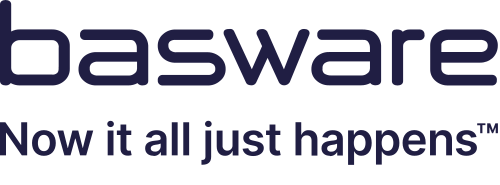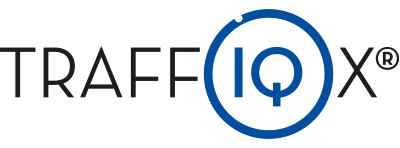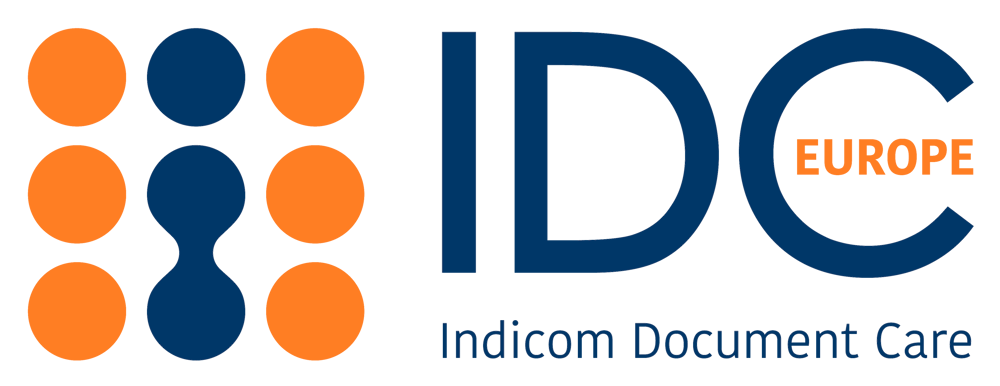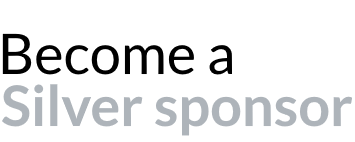On September 17, 2025, the German Federal Ministry of Finance (BMF) published a letter clarifying that certain mandatory invoice data under §§14 and 14a of the German VAT Act (UStG) may now be translated into other official EU languages.
Official link: BMF letter about “Provision of mandatory invoice information in other official EU languages”
Previously, terms such as “Reverse-Charge” were required to appear in German. Going forward (and applicable to all open cases), corresponding official terms in other official EU languages are permitted, if they align with translations of Article 226 of the EU VAT Directive.
The BMF has included into the letter a reference table with approved translations for key terms. For example, instead of “Gutschrift” (DE), invoice issuers may now use “self-billing” (EN) or “facturación por el destinatario” (ES).
This change will especially benefit businesses issuing invoices across EU borders by:
- Eliminating the need for language corrections or dual formats
- Reducing risk of errors
- Enabling easier global compliance
Part of a Broader Internationalization Trend
This change supports more flexible cross-border invoicing and reduces language barriers. It aligns with Germany’s ongoing efforts for standardization and to keep pace with European developments.
Since early 2025, Germany has begun rolling out its B2B e-invoicing mandate, starting with the obligation to receive structured invoices. Depending on a company’s turnover, mandatory issuance will follow in 2027 or 2028.
In parallel, Germany is preparing for the EU’s “VAT in the Digital Age” (VIDA) directive, which aims to harmonize cross-border e-reporting and e-invoicing across Member States starting in 2030.








